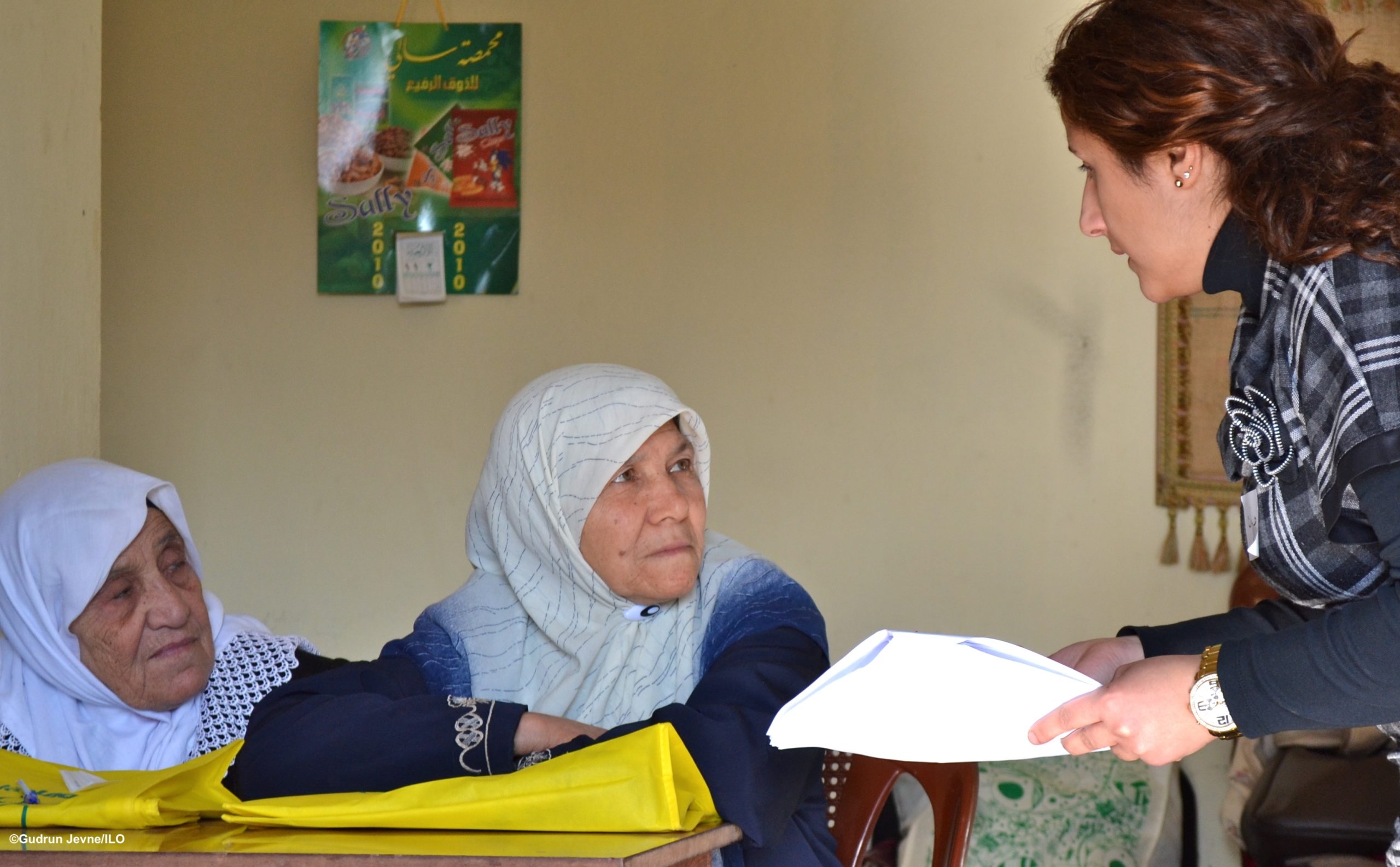
Country : Lebanon
This study provides a quantitative assessment of social protection needs and gaps in Lebanon, based on latest available micro data from the 2018/19 Labour Force and Household Living Conditions Survey (LFHLCS). It provides an overview of the vulnerability profile of the Lebanese population prior to the crisis with projections for the estimated impact of the current economic crisis on different vulnerable groups. It also includes a detailed assessment of social protection coverage and adequacy gaps, for contributory and private insurance, non-contributory social protection and humanitarian assistance, as well as for the social protection system as a whole. The analysis covers both Lebanese and non-Lebanese residents, but due to survey limitations, results cannot be used to draw conclusions on the whole population of migrants and refugees living in Lebanon.
The results of the study depict a pre-crises social protection system suffering from large gaps in coverage and is grossly inadequate to respond to the needs of the population. If this system is to fulfil any significant role in addressing growing vulnerabilities and building back better from the crises, large investments and reforms are needed. The report identifies key priorities in a reform agenda to build back better.
To read the report: click here
Disclaimer: Except for articles published on Blog Tadamon and the content of the resource pages, all materials on this website, including their respective photographs, are indexed from their original sources. All rights remain with the respective copyright holders.

Comments are closed, but trackbacks and pingbacks are open.